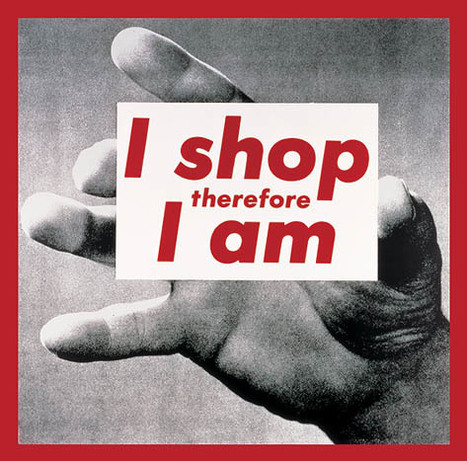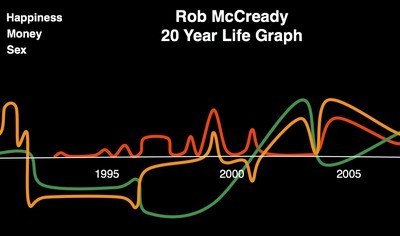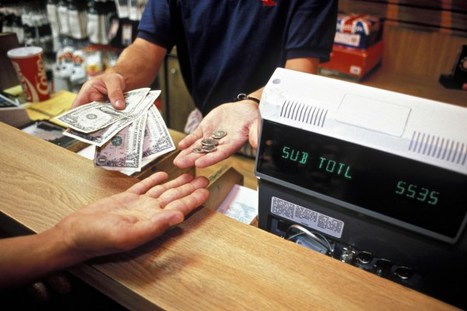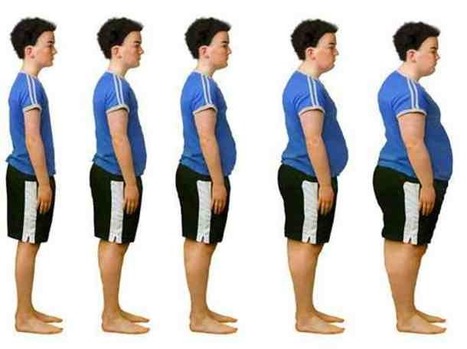More Stuff. Less Happiness.
Why is it that even though we are accumulating more and more stuff, we don't seem to be getting happier? In fact, said Annie, the studies show that we are getting less happy. The material things we acquire, and the work we have to do to acquire and maintain them, are becoming more of a burden than a boon to our mental health. The real problem, though, is not just that we are getting less happy—but that we are repeatedly told that our happiness doesn't matter. We are pounded with the message that "happiness" is somehow a foofoo concept, along with clean air and a healthy community. We may even find ourselves discounting our own happiness, thinking of it as a luxury we can ill afford as we work to pay the mortgage, feed the kids, and keep (or find) a job in this struggling economy.



 Your new post is loading...
Your new post is loading...

















